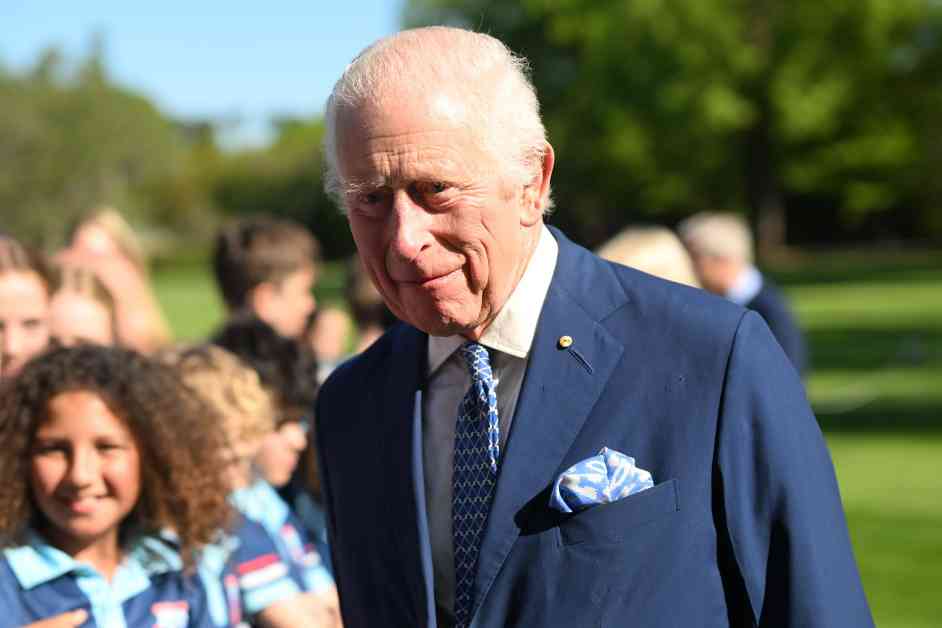The King and the Prince of Wales’ private estates have made lucrative rental agreements with various organizations such as the armed forces, the NHS, and state schools, according to a recent investigation by Channel 4’s Dispatches and the Sunday Times.
The Duchy of Lancaster, which holds a portfolio of land, property, and assets for the Sovereign, agreed to store a fleet of electric ambulances for the NHS Trust in London at a cost of £11.4 million over 15 years. Additionally, the Duchy of Cornwall charged the navy over £1 million since 2004 for building and using jetties and mooring warships on the Cornish coastline. The investigation also revealed that the Duchy of Cornwall had signed leases with local state schools, earning around £600,000 over the lifetime of six agreements.
Both estates, exempt from Corporation Tax and Capital Gains Tax, have been involved in other profitable deals. The Duchy of Cornwall signed a £37 million deal to lease Dartmoor Prison to the Ministry of Justice and allowed the Ministry of Defence to train on Dartmoor land. Furthermore, the King requested profits from a Crown Estate wind farm deal to be used for the public good rather than the monarchy’s benefit. However, Charles would still make at least £28 million from wind farms due to the right to charge for cables crossing Duchy of Lancaster land.
The investigation also found that some residential properties leased by both duchies did not meet minimum energy efficiency requirements, with 14% of homes leased by the Duchy of Cornwall and 13% by the Duchy of Lancaster rated F or G. Despite this, the annual income of both estates has increased, with Charles’s income rising by 5% to £27.4 million and William receiving over £23.6 million from the Duchy of Cornwall.
In response to the claims, a spokesperson for the Duchy of Lancaster emphasized compliance with UK legislation and environmental improvements in recent years. Similarly, a spokesperson for the Duchy of Cornwall highlighted Prince William’s commitment to transforming the estate, investing in environmental initiatives, mental health support, and addressing homelessness in Cornwall.
Buckingham Palace declined to comment on the matter. As the royal estates continue to profit from rental agreements, questions remain about the financial practices and ethical considerations surrounding these deals.












